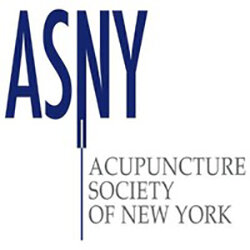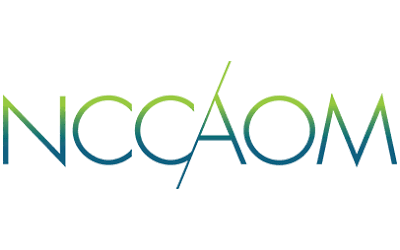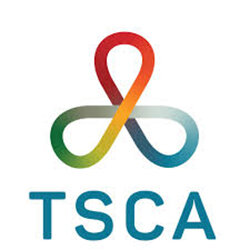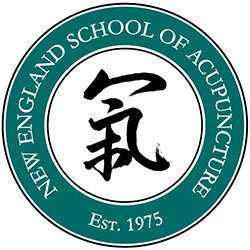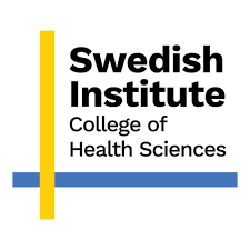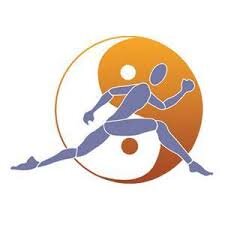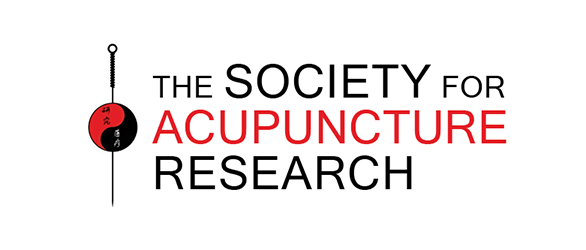Does Acupuncture for Postpartum Depression Help?
/For many new mothers, the joy of finally meeting their baby can be overshadowed by overwhelming sadness, anxiety, or emptiness. Known as postpartum depression (PPD), this condition is more common than you think, affecting up to 1 in 7 women, and can severely disrupt what is supposed to be one of life's happiest transitions.
While treatable with professional help, the hormonal imbalances and emotional weight of PPD can feel incredibly heavy during those early postpartum months. That's why we offer women help through this challenging time by seeking out acupuncture as a valuable complementary therapy for addressing their postpartum depression symptoms. For women looking for drug-free alternatives or additions to their PPD treatment plan, acupuncture offers a safe and effective, low-risk option.
Acupuncture is an effective complementary therapy for postpartum depression. It helps regulate hormonal imbalances, reduces stress levels, improves mood by boosting neurotransmitters like serotonin, and promotes better sleep quality - all crucial for emotional healing after childbirth. Regular acupuncture sessions provide a safe, natural way to restore balance during this delicate postpartum period.
What is postpartum depression?
Understanding postpartum depression In the weeks and months following childbirth, up to 80% of mothers experience some level of the "baby blues" - mild mood swings, sadness, anxiety, or feeling overwhelmed. Usually, this emotional upheaval is short-lived and resolves on its own within about 2 weeks as hormone levels stabilize and you establish new parenting routines.
However, for 1 in 7 women, the emotional distress doesn't disappear and escalates into a more severe, longer-lasting form of depression known as postpartum depression (PPD).
Even with conventional medical care up to 50% of women still experienced symptoms more than a year after birth and without some treatment 30% of women continued to experience up to 3 years after giving birth.
This condition affects women differently but may include symptoms such as:
Persistent feelings of sadness, hopelessness, or emptiness
Excessive crying or emotional numbness
Loss of interest or pleasure in activities once enjoyed
Overwhelming fatigue and decreased energy
Significant changes in appetite or sleep patterns
Brain fog, lack of concentration, and indecisiveness
Feelings of worthlessness or excessive guilt
Irritability, anger, or restlessness
Withdrawal from friends and family
Lack of interest in the baby or inability to bond
The effects of untreated PPD can deeply impact the emotional and physical health of both you as a mother and your baby. That's why it's crucial for women experiencing PPD to seek help from their doctor or mental health professional. The good news is that PPD is temporary and treatable through a variety of support strategies and therapies - including PDP acupuncture which we offer at our clinic.
While there is no single cause of postpartum depression, most experts agree the dramatic hormonal shifts occurring after birth play a key role, along with factors like sleep deprivation, physical recovery from labor, previous history of trauma or abuse, including experiencing infertility in addition to major life adjustments of new parenthood. Understanding these underlying contributors, acupuncture can relieve PPD's physical and emotional distress.
Acupuncture regulates postpartum hormones
The rapid drop in reproductive hormones like estrogen, progesterone, and prolactin immediately after delivering your baby can throw your whole body out of balance and contribute to depressive symptoms. Studies suggest that acupuncture can help stimulate and regulate the production of these key hormones by positively influencing the hypothalamic-pituitary-ovarian axis.
Underlying hormonal imbalances often contribute to postpartum mood disorders, and that is where acupuncture can naturally release feel-good chemicals that address symptoms like sadness, anxiety, and fatigue. Regular acupuncture treatments during the postpartum months can support the healing process from the delivery and help with lactation, and hormonal balancing, allowing for a smoother transition into motherhood, and promoting an overall sense of l well-being.
Acupuncture reduces stress
The demands of caring for a newborn are both joyful and emotionally as well as physically challenging for any new parent, so do not worry if you are finding the first days, weeks, or months exhausting - this is a normal part of becoming a new parent!
If you feel the increased stress is more than new parent exhaustion and are struggling to cope, it could be that you are experiencing PPD, acupuncture has been shown to lower stress hormones like cortisol while prompting the body's natural relaxation response. Less stress allows prolactin and oxytocin (feel-good hormones) to flow more freely.
Acupuncture boosts mood and energy
In addition to stabilizing hormone levels, studies show that acupuncture also impacts the production and circulation of "happy" neurotransmitters like serotonin, dopamine, and endorphins. The release of these natural mood regulators can lift emotional heaviness, promote calmness, decrease pain, and restore vital energy stores depleted in the postpartum period.
Acupuncture can provide better sleep
Between cluster feedings, diaper changes, and general newborn care, quality sleep is hard to come by for new moms - and sleep deprivation is a major trigger for PPD. Many studies indicate acupuncture can significantly improve sleep quality by increasing melatonin production, reducing sleep disturbances, and enhancing sleep efficiency.
Acupuncture supports postpartum weight loss
Healthy weight gain during pregnancy can range from 25-45 lbs. A woman’s body goes through a major metamorphosis during pregnancy and then the postpartum period producing milk and then metabolically recovering, healing, and adjusting to motherhood. A history of disordered eating can be part of PPD, and worry about body weight and image.
Acupuncture offers a powerful solution by metabolically supporting your body, leading to healthy postpartum weight loss. Specific points and protocols can enhance metabolism, improve glucose and insulin sensitivity, optimize digestion, and regulate appetite hormones like ghrelin and leptin. Acupuncture's overall reduction of chronic stress also plays a key role in your postpartum weight loss journey.
By facilitating hormonal harmony and a calmer state of being, as a new mom you can finally break the cycle of fatigue, cravings, and weight stagnation - making diet and exercise efforts that much more effective.
An integrative approach for best results
While the benefits of acupuncture for PPD are promising, this practice is most effective when combined with other evidence-based treatment approaches in a comprehensive, integrative plan.
Receiving regular acupuncture pre-pregnancy and during pregnancy can support a woman throughout her journey as a mom and is ideal for addressing PPD before it occurs.
At our clinic, your journey begins with an in-depth evaluation to understand your full postpartum picture - from medical history and PPD symptoms to lifestyle factors and support system. From there, our skilled practitioners develop a customized treatment protocol thoughtfully combining consistent acupuncture sessions (usually 1-2 times per week), therapeutic massage therapy, herbal medicine remedies, and postpartum support.
This multi-modal approach works to support your body's physical and emotional healing on all levels. Acupuncture targets the internal imbalances fueling PPD, while other therapies provide stress relief, healthy coping strategies, and the nurturing you need during this delicate time.
Book your first appointment today
Those first few months and years as a new parent can feel overwhelming and it is important to be proactive in seeking support, book your first appointment today.
Acupuncture provides a safe, medication-free therapy that does not interfere with allopathic therapies. Postpartum is an intense period and is considered the 4th trimester because of the immense hormonal, physical, and emotional shifts following delivery. But, most importantly, acupuncture meets you where you are as an individual and customizes a treatment plan around your unique needs during the postpartum healing process.
If you feel the heaviness of postpartum depression is weighing you down, call us today. At Integrative Healing Arts, our compassionate and experienced team is here to help you embrace motherhood and lighten your load.


















